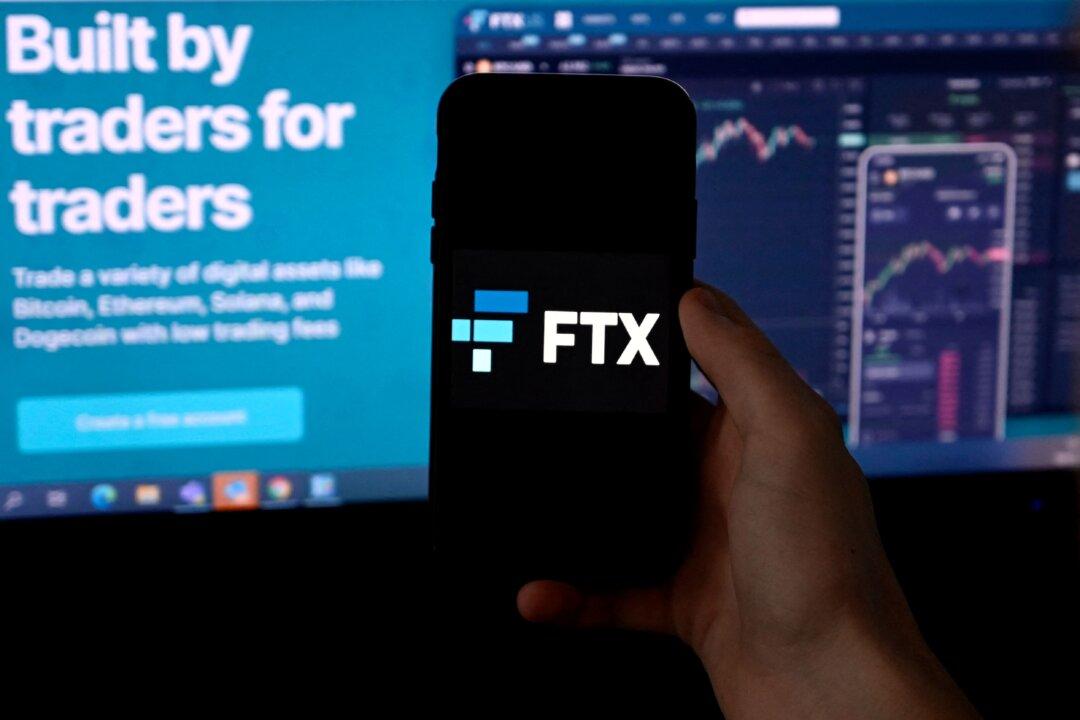The collapsed cryptocurrency exchange FTX—in another example of financial impropriety—was discovered to have used corporate funds to buy homes in the Bahamas and other personal items in the names of employees and company advisers, according to new court documents.
In a 30-page bankruptcy declaration to the U.S. Bankruptcy Court for the District of Delaware (pdf), newly appointed FTX CEO John Ray III confirmed that a paucity of corporate controls for accounting purposes resulted in spending that wasn’t “appropriate for a business enterprise.”





